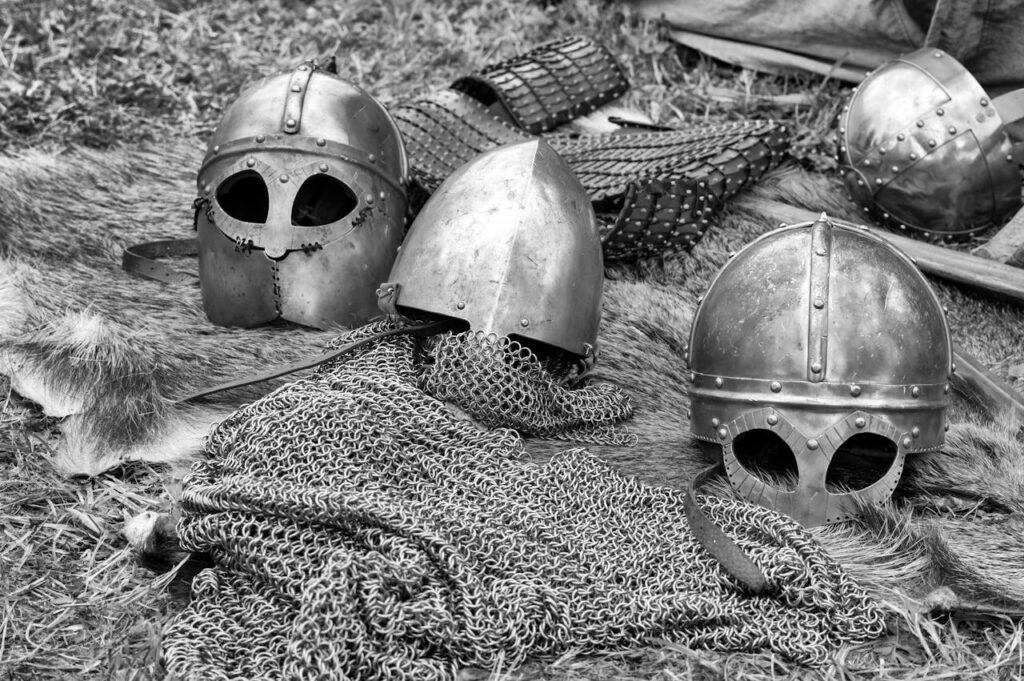Table of Contents
Introduction
In recent times, the discourse surrounding former President Donald Trump has reached new heights, particularly with references to the Civil War era. The notion of Trump as a “Civil War soldier” has sparked both intrigue and controversy, leading many to question the historical accuracy and implications of such a comparison. This article delves into the origins, interpretations, and potential consequences of this analogy, aiming to provide a comprehensive analysis.
The Emergence of the “Trump Civil War Soldier” Narrative
The idea of likening Donald Trump to a Civil War soldier has gained traction in various media outlets and online platforms. This comparison is often rooted in the perception of Trump as a figure who, like a soldier, has fought against what some perceive as a corrupt establishment. The narrative draws parallels between Trump’s political battles and the struggles of soldiers during the Civil War, portraying him as a defender of traditional American values.
However, this analogy is fraught with historical inaccuracies and oversimplifications. The Civil War was a complex and multifaceted conflict, driven by deep-seated issues such as slavery, states’ rights, and economic disparities. To equate Trump’s political journey with the experiences of Civil War soldiers is to overlook the profound differences between the two contexts.
Historical Context: The Civil War
The American Civil War (1861-1865) was one of the most significant events in U.S. history, leading to the abolition of slavery and reshaping the nation’s identity. The war was fought between the Union (Northern states) and the Confederacy (Southern states) over issues including the preservation of the Union and the abolition of slavery. Trump civil war soldier.
Civil War soldiers, regardless of which side they fought on, were deeply entrenched in these ideological battles. Their lives were marked by the harsh realities of war, from grueling marches and brutal combat to the ever-present threat of disease and death. The soldiers’ commitment was often driven by a sense of duty to their cause, whether it was preserving the Union or defending states’ rights and the institution of slavery.
Trump and the Soldier Comparison: A Flawed Analogy
Comparing Donald Trump to a Civil War soldier is a reductive analogy that fails to capture the complexities of both Trump’s political career and the historical significance of the Civil War. While it is true that Trump has positioned himself as a fighter against the “establishment,” the context and stakes of his battles differ significantly from those faced by soldiers during the Civil War.
1. Ideological Differences:
- The Civil War was fundamentally about the preservation of the Union and the moral issue of slavery. Trump’s battles, on the other hand, are largely political and revolve around issues such as immigration, trade, and the perceived loss of American identity.
- The motivations of Civil War soldiers were often deeply personal, rooted in regional loyalties and moral convictions. Trump’s supporters, while passionate, are motivated by a different set of concerns, often centered on economic anxieties and cultural shifts.
2. The Reality of War:
- Civil War soldiers faced unimaginable hardships, from the brutality of battle to the ravages of disease. The comparison to Trump, who operates in the realm of politics and media, minimizes the suffering and sacrifices of those who fought in the Civil War.
- The stakes of the Civil War were existential for the nation, with the very future of the United States hanging in the balance. While Trump’s presidency has been polarizing, it has not posed the same existential threat to the nation as the Civil War. Trump civil war soldier.
3. The Role of Leadership:

- Civil War leaders, such as Abraham Lincoln and Robert E. Lee, were tasked with navigating their respective sides through one of the most tumultuous periods in American history. Their decisions had immediate and far-reaching consequences for the lives of millions.
- Trump’s leadership style, characterized by divisive rhetoric and an emphasis on personal loyalty, differs greatly from the wartime leadership of Civil War figures. While both eras involved intense political and social division, the nature of leadership required in each context is vastly different.
The Dangers of Historical Misinterpretation
The comparison of Donald Trump to a Civil War soldier is not just a matter of rhetorical flourish; it has real consequences for how we understand both history and contemporary politics. By conflating Trump’s political struggles with the Civil War, there is a risk of trivializing the profound historical significance of the Civil War and the sacrifices made by those who lived through it. Trump civil war soldier.
1. Erosion of Historical Understanding:
- When contemporary figures are compared to historical events or personalities, there is a danger of distorting our understanding of the past. The Civil War was a unique and pivotal moment in American history, and its legacy should not be co-opted for modern political purposes.
2. Polarization and Division:
- The use of Civil War imagery in relation to Trump can further exacerbate the already deep divisions within American society. It frames current political conflicts in terms of an existential struggle, which can lead to increased polarization and a breakdown of civil discourse. Trump civil war soldier.
3. Impact on Public Perception:
- The analogy can influence public perception, leading some to view contemporary political conflicts as being on par with the Civil War. This not only diminishes the gravity of the Civil War but also inflates the significance of current political battles. Read some about russia-ukraine war.
Conclusion
The analogy of Donald Trump as a “Civil War soldier” is a flawed and historically inaccurate comparison that risks distorting both our understanding of history and the nature of contemporary political conflicts. While Trump’s political career has been marked by significant controversy and division, it does not equate to the experiences of those who fought in the Civil War. To truly honor the legacy of Civil War soldiers, we must recognize the unique historical context in which they lived and fought, rather than drawing oversimplified comparisons to modern political figures.
